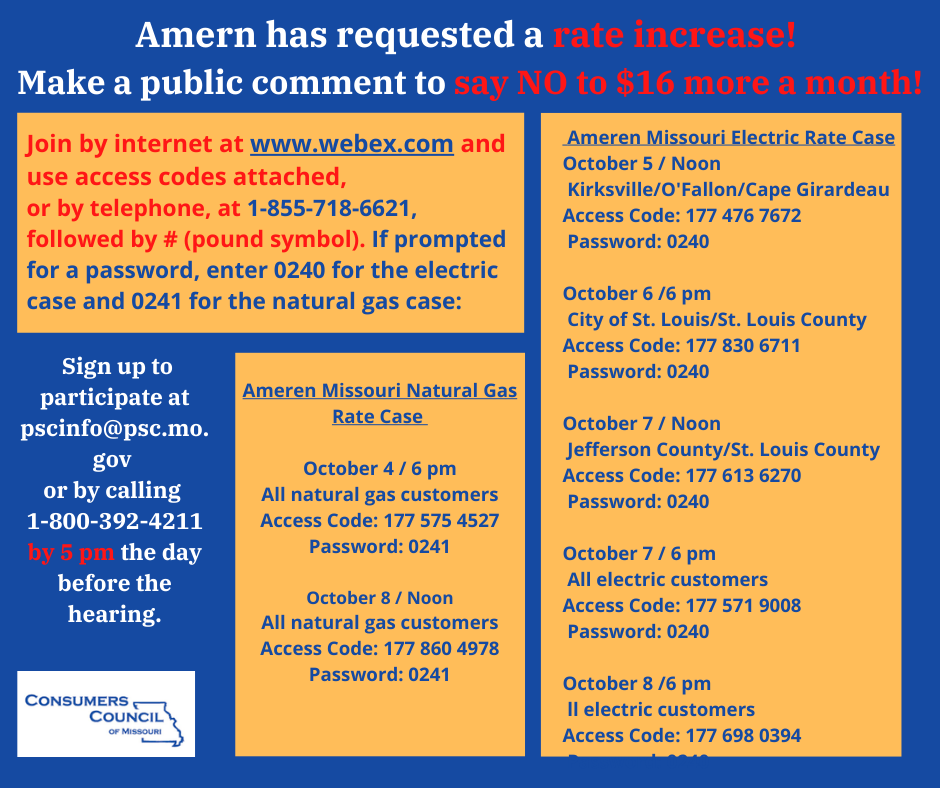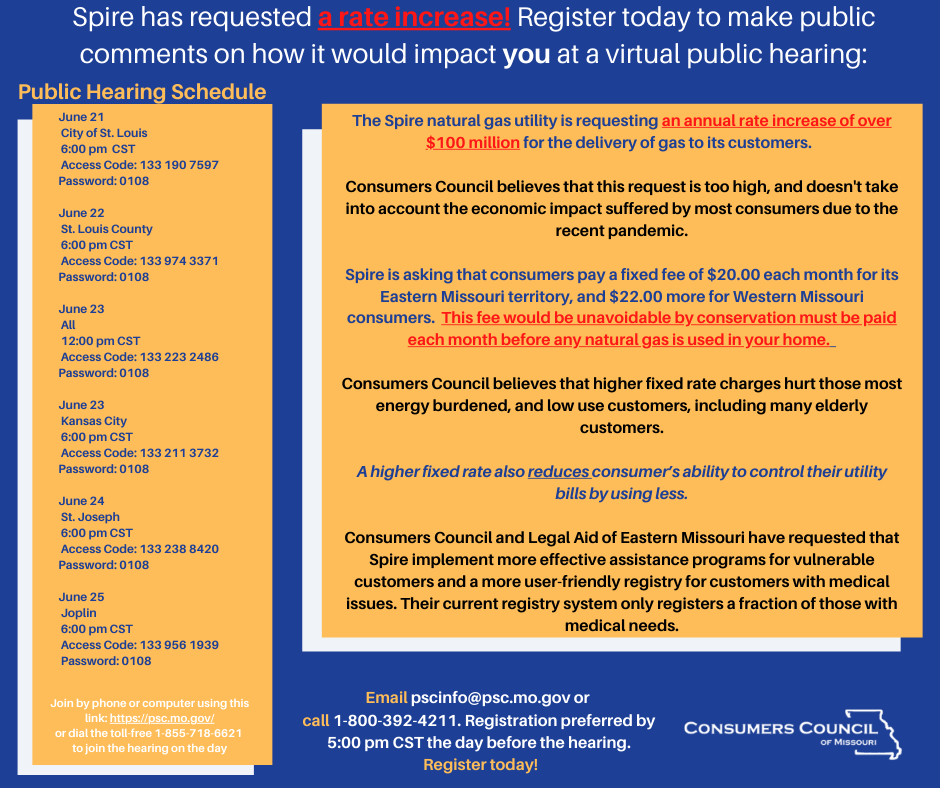Each of the past two years, a filibuster by a few state senators in the final days of the legislative session stymied a utility-backed ratemaking bill in Missouri.
This year, the utility bill survived a 22-hour Senate filibuster in February (
Energywire, Feb. 12). Now the question is what happens in the final days of a legislative session that has been consumed by the scandal enveloping Gov. Eric Greitens (R).
Greitens goes on trial Monday in St. Louis on felony invasion of privacy charges related to an extramarital affair he had in 2015. The governor faces separate charges of illegally obtaining a donor list from the veterans charity he founded and using it to raise money for his campaign in 2016.
Back at the Capitol, the Legislature will convene 30 minutes after the regular session wraps up May 18 to consider impeachment proceedings against the first-term Republican after 138 House members and 29 senators signed a petition calling for the special session. The unprecedented situation throws into question what the General Assembly will get done in its final week, which is a frenzied time even under usual circumstances.
“Missouri legislators are worried that many of their priorities, such as utility regulation, could fall victim to the usual rush of last-minute business and the unusual rush of impeachment business,” said David Robertson, a political science professor at the University of Missouri, St. Louis.
St. Louis-based Ameren Missouri, the state’s largest utility with 1.2 million customers, led the lobbying push for ratemaking reforms. The utility has for years complained that “regulatory lag” in Missouri prevented the company and others from earning maximum authorized profits.
Utility officials said yesterday that they’re hopeful the bill will pass the House as written during the next eight days and advance to the governor’s desk. But they provided little insight as to when that might happen.
“It is on the House calendar, and it will go to the floor when the House leadership chooses to have it go to the floor,” Ameren Corp. CEO Warner Baxter said during the company’s first-quarter earnings call.
It’s not the first time the Legislature has been close to passing the utility bill as the deadline approached. Executives noted that it has been the Senate that blocked the legislation in previous years. And if the House passes S.B. 564 without amendments, it will go to the governor’s desk.
“We have never been this close, never been this far through the process,” Ameren Missouri CEO Michael Moehn said.
The bill is supported by all the state’s electric suppliers and local and state chambers of commerce and labor unions. Opposition has come from consumer groups, including industrial energy users.
The legislation’s key provision would authorize a ratemaking change to enable utilities to begin book depreciation and earn a return on investments as soon as they’re placed in service instead of waiting months or years until the conclusion of a rate case.
Ameren said the change won’t just benefit shareholders. Improving profitability will encourage the utility to make an incremental $1 billion in grid investments over the next five years that will improve reliability and create jobs. The bill would freeze utility base rates until 2020 and cap annual increases at 2.85 percent through 2023.
S.B. 564 would also enable utilities to offer lower rates to new large energy users as an economic development incentive and authorize utility regulators to pass through savings retroactive to Jan. 1 tied to the reduction in the corporate income tax rate.
Ameren has said the tax savings would amount to $133 million, or almost 5 percent based on current rates.
Opponents of the bill, from big industrial power customers to residential ratepayer advocates, said there’s nothing in the bill to benefit consumers. They say Missouri’s grid is reliable, utilities are financially healthy and rates are low. In their eyes, the bill is aimed at boosting profits.
Critics also point out that utilities in other states have voluntarily agreed to pass through tax savings to customers. But in Missouri, the tax savings are being used as political leverage.
John Coffman, an attorney for the Consumers Council of Missouri, said amendments have been proposed that would clarify issues related to the bill’s tax refund provisions. One involves whether the Public Service Commission could approve refunds outside a rate case. The other issue involves whether rate caps in the legislation are based on the utility rates before the tax cut, or after.
“Those are two things people are actively trying to fix in the legislation,” he said.
Coffman is among those who doesn’t think Greitens’ legal problems will have any effect on whether the bill passes. If anything, he said, the scandal has taken attention away from what else is happening at the Capitol.
If the bill passes the House, it would need to be sent to the governor’s desk by May 30.
https://www.eenews.net/energywire/stories/1060073547/



